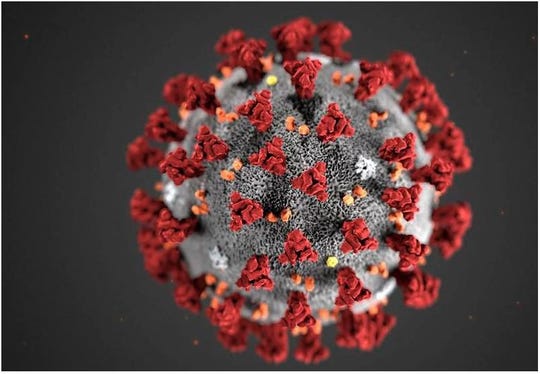Investigating the Impact of COVID-19 during Pregnancy
Written by COVID-19 NEWS on November 11, 2020

Epidemiology of SARS-CoV-2 in Pregnancy and Infancy (ESPI) Network
The ESPI Electronic Cohort study is collecting information from the medical records of women who receive prenatal care at three participating sites and reach the end of their pregnancy between March 2020 and February 2021. Data collection will include information about the following:
- Demographic and maternal characteristics
- Medical conditions
- Prenatal care
- Pregnancy complications, including ambulatory care visits and hospitalizations for acute illness
- Postpartum care
- Laboratory test results for SARS-CoV-2 and influenza
- Pregnancy outcomes
- Selected infant outcomes through 6 months of age
This study aims to understand the characteristics of SARS-CoV-2 infection during pregnancy and the six months after the end of pregnancy, including among infants up to six months of age. It also aims to identify risk factors for severe COVID-19 disease, describe use of investigational and off-label therapeutics, and evaluate effects of COVID-19 on pregnancy and infant outcomes.
The ESPI Community Cohort study is a multisite collaboration designed to estimate the incidence of asymptomatic and symptomatic SARS-CoV-2 infection and understand the characteristics of SARS-CoV-2 infection in pregnant women. This includes the spectrum of disease, conditions, and risk factors for infection and developing severe illness. As a secondary objective, this study will examine the effect of COVID-19 during pregnancy on pregnancy and newborn outcomes. The study enrolls pregnant women at less than 28 weeks of pregnancy and follows them through the end of their pregnancies with weekly surveillance for SARS-CoV-2 infection and symptoms of COVID-19-like illness. Information is also collected two to four weeks after the end of their pregnancies, on end-of-pregnancy, infant, and postpartum outcomes.






